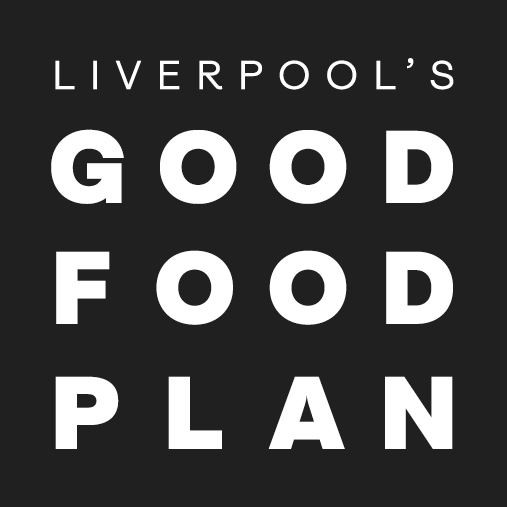Driving long-term impact through regeneration partnerships and bespoke social value frameworks
- July 2025
We use cookies to help you navigate efficiently and perform certain functions. You will find detailed information about all cookies under each consent category below.
The cookies that are categorized as "Necessary" are stored on your browser as they are essential for enabling the basic functionalities of the site. ...
Necessary cookies are required to enable the basic features of this site, such as providing secure log-in or adjusting your consent preferences. These cookies do not store any personally identifiable data.
Functional cookies help perform certain functionalities like sharing the content of the website on social media platforms, collecting feedback, and other third-party features.
Analytical cookies are used to understand how visitors interact with the website. These cookies help provide information on metrics such as the number of visitors, bounce rate, traffic source, etc.
Performance cookies are used to understand and analyze the key performance indexes of the website which helps in delivering a better user experience for the visitors.
Advertisement cookies are used to provide visitors with customized advertisements based on the pages you visited previously and to analyze the effectiveness of the ad campaigns.

The demand for emergency food provision in Liverpool, as well as longer-term food insecurity, was increasing in Liverpool even before the arrival of Covid-19. Last year, it was estimated that 32% of adults in Liverpool are food insecure, whilst an estimated 140,000 tonnes of food is wasted in Liverpool City Region each year.
The Covid-19 pandemic stress tested the city’s food system, and brought to the surface some of the challenges that exist, particularly around uneven access to good food. Support for those experiencing food insecurity in the city has generally been uncoordinated and responsive, rather than strategic, and, with many new organisations emerging during the pandemic to offer emergency and community food provision, there was a clear need for greater partnership working and coordination.
To address this issue, and as part of Covid-19 recovery plans, Liverpool City Council and its partners established a “good food” steering group consisting of council officers, public health colleagues and members of community, voluntary and faith sector organisations. The group was tasked with preparing a food plan for Liverpool which would outline a strategic and co-operative approach to tackling food insecurity across the city.
Chris Steward
Policy Officer
Liverpool City Council